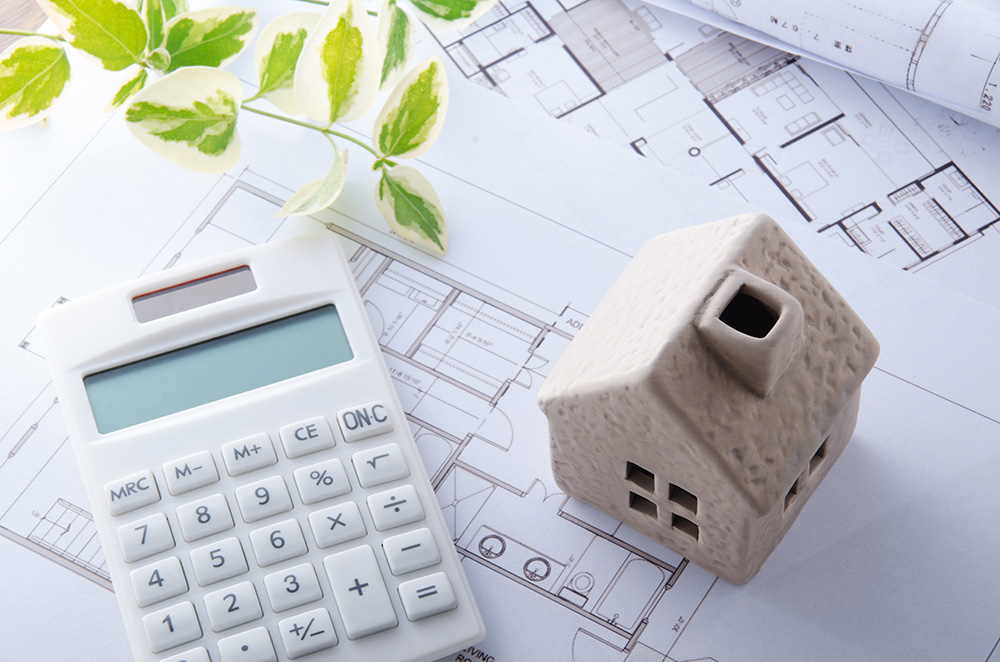With May 2019 shaping up as the month Scott Morrison will call the Australian Federal Election, this could be a tricky few months for the Australian economy and for property prices across the country. Elections are always associated with times of uncertainty, so it’s best to stay on the ball as to what effect potential policy changes could have on the value of your home or investment.
Remember that while it’s good to stay abreast of trends, you need to focus on your personal situation and always do what is best for your own financial situation. If you need advice on real estate market trends, please give me a call as I’m happy to help. For your personal tax situation, it’s always best to speak to a qualified tax accountant.
That said, a change in government is a distinct possibility come May, so let’s look at what Bill Shorten’s proposed policy changes are and what they could mean for property prices:
Changes to Negative Gearing
You’ve undoubtedly heard the term ‘negative gearing’ getting tossed around by politicians like some kind of campaign football. Negative gearing is when your rental returns are less than your interest repayments and your outgoing costs. Under Australian tax law now, you can offset those losses against your taxable income, effectively reducing how much tax you pay every year.
What is Labor planning to do with negative gearing? Well, they’ve latched onto it as a key election issue, so you can be sure housing will play an important part in this election. Shorten’s plan is to restrict negative gearing to newly built properties, applicable from a date that has not been set yet. Any investment properties that are not brand new will not be able to be negatively geared. It’s important to note that this won’t apply to currently owned investment properties, only new rental dwellings purchased after the announced date.
Changes to the Capital Gains Tax (CGT)
Capital gain is the profit you make when you an asset – the difference between what you bought it for and what you sold it for (less any fees or expenses incurred during the purchase and sale). CGT is the tax that you pay on this profit, and it’s worked out as part of your income tax. However, currently there is a 50% discount on CGT when investors sell a property, which was a tax break installed by the Howard government to increase the appeal of property investment.
What is Bill Shorten’s plan with CGT? He wants to halve the CGT discount when investors sell their property. So effectively, CGT is going to increase by 25%.
Why do Labor Want to Make These Changes?
By making these permanent changes to the tax system, Labor are claiming they will improve housing affordability. Essentially they are doing this by making property investment less attractive, so the demand for properties will go down. Their plan is to make it easier for first-home buyers to break into the market too, as they’re not competing with well-resourced property investors with a whole bunch of tax breaks on their side. It’s Labor’s way of levelling the playing field, giving the young and the not-so-wealthy a chance to get into the housing market.
What are the Likely Effects of Labor’s Policies on the Housing Market?
Elections are usually marked by a cooling of the property market, as people wait for policies to come into play and any market over-corrections to get smoothed out. But this year, with property tax being such a politically charged topic, we could see even more of a cooling off period.
If Labor get in, we’ll probably see a larger effect on prices than if the Liberals retain the reins. Property prices have been predicted to fall and critics say rents will also rise because less people will buy investment properties. If that scenario happens, some investors will have to offload their properties, leading to a surplus on the market and further decreasing prices.
On the other hand, there could be a short spike in price immediately following the election, as investors quickly buy up housing before any legislation affecting negative gearing kicks in. It’s a difficult one to call, but there could be some frantic market activity directly after the election.
I’m an Investor, What Should I Do?
It’s important to clarify that your current tax setup will not change. Labor’s negative gearing and CGT policies will only apply to property purchases after the legislation has come into effect.
What you need to decide is whether you are in a position to absorb any decrease in the value of your investments. If you are and can hang onto your investments for the long term, then that’s not a bad route to take.
If your personal situation is telling you that this could be a good time to sell, then that’s what you should do.
Who can I call for advice?
Whether there is an election on or not, you’re more than welcome to call me, Henry Wong, at any time on 0412 471 588 with regards to the buying and selling of investment properties. My team and I have helped hundreds of people across Brisbane achieve their property goals, and I’m happy to provide you with whatever advice you may need.
Please remember that for tax advice, I’d recommend you speak to a qualified tax accountant.




